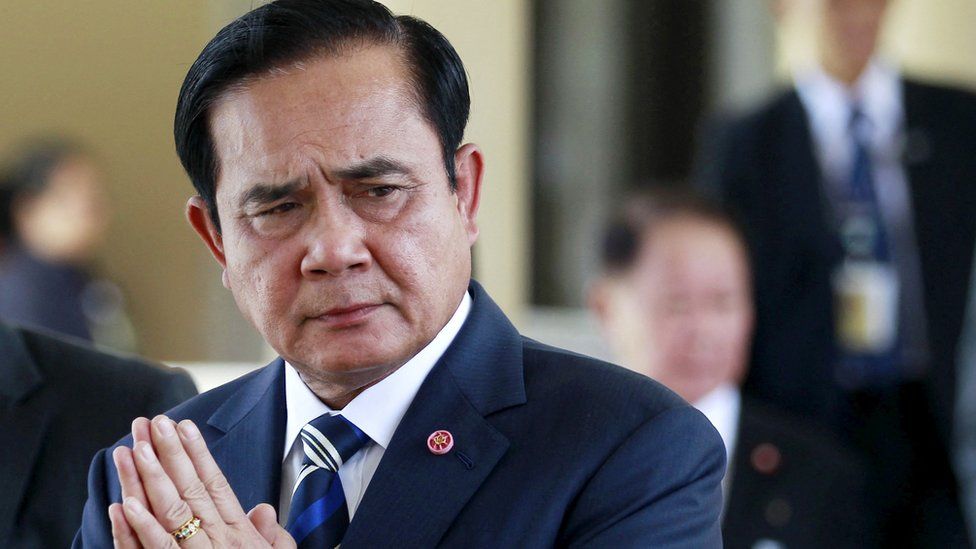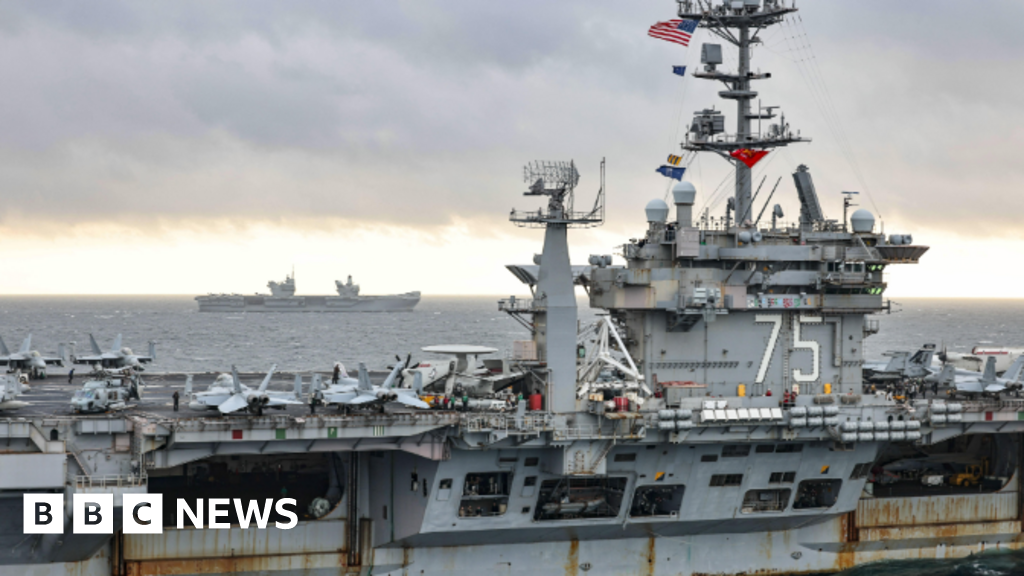ARTICLE AD BOX
 Image source, REUTERS
Image source, REUTERS
Prayuth Chan-ocha's military rule was intolerant of dissent and criticism of the royals
Prayuth Chan-ocha, the army chief who overthrew an elected government nine years ago, and has run Thailand ever since, has announced he is retiring from politics.
General Prayuth contested the May general election as prime ministerial candidate for a new conservative political party, but it performed poorly, winning just 36 out of 500 seats in parliament.
He was known as a straight-talking, ultra-royalist army commander when he seized power on 22 May 2014 in a skilfully-choreographed coup-d'etat which ensured there was little organised opposition.
Unlike what happened after a previous coup eight years earlier Gen Prayuth stayed in power, giving himself the job of prime minister.
Despite promises that his tenure was only temporary, he has remained in the job ever since, and profoundly reshaped Thailand's power structures.
His military government pushed through a new constitution in 2017 which ensured that the coup leaders would extend their influence, largely through a 250-seat senate which he appointed, even after returning to democratic rule.
Today that senate, made up largely of conservative royalist men like Gen Prayuth, still has the power to block the reformist coalition which won a clear majority in the recent election.
Gen Prayuth was a gruff, sometimes irascible leader, unaccustomed at first to having his decisions questioned by journalists, who he once jokingly threatened to have executed.
He deployed his fondness for singing after his coup by penning ballads promising to return happiness to the people, and was visibly frustrated when that failed to happen.
His was a relatively light-handed form of dictatorship, but his government was intolerant of dissent, and hundreds were prosecuted and jailed under a range of military decrees and national security laws, most notably the harsh lese majeste law, which was used extensively against those who questioned the role of the monarchy.
Gen Prayuth remained personally popular with many older Thais, but became the focus of younger protesters who opposed military rule.
His inability to revive Thailand's slow-moving economy and the persistence of corruption in his administrations persuaded many Thais that he and his authoritarian style of leadership had to end, helping the youthful new Move Forward party, with its promise to end military interference in politics, to a stunning first place in the last election.
He may consider his greatest achievement as helping manage a difficult royal transition from the revered King Bhumibol, who had been on the throne for 70 years, to his much less popular son King Vajiralongkorn. This may well have been a primary reason for his coup.

 1 year ago
18
1 year ago
18








 English (US)
English (US)